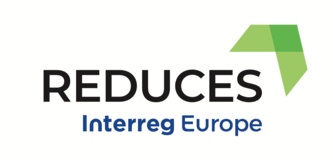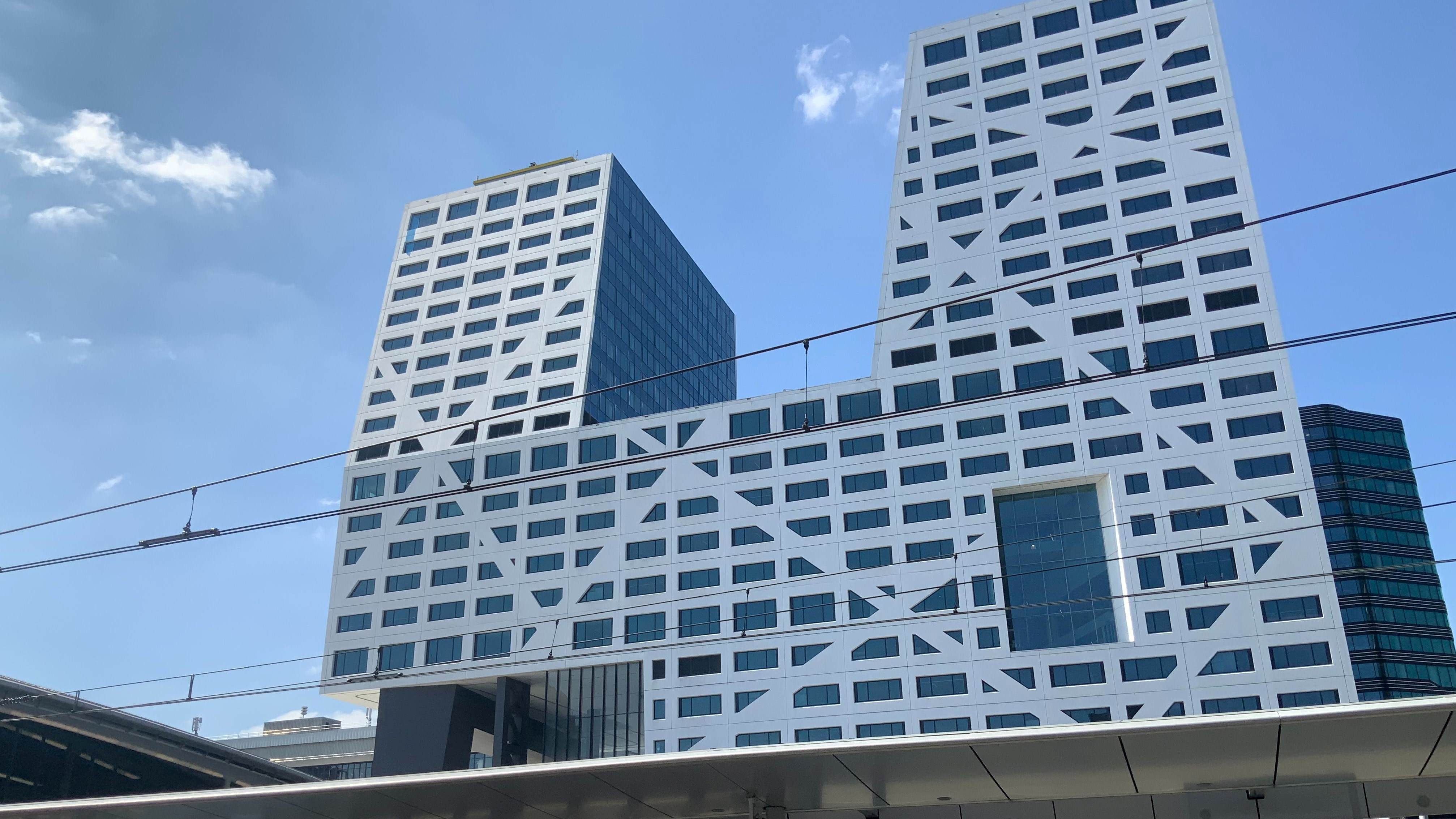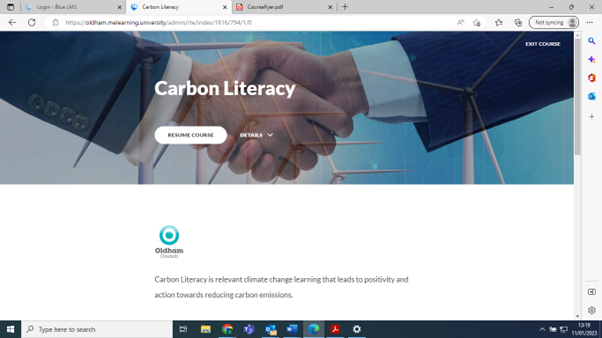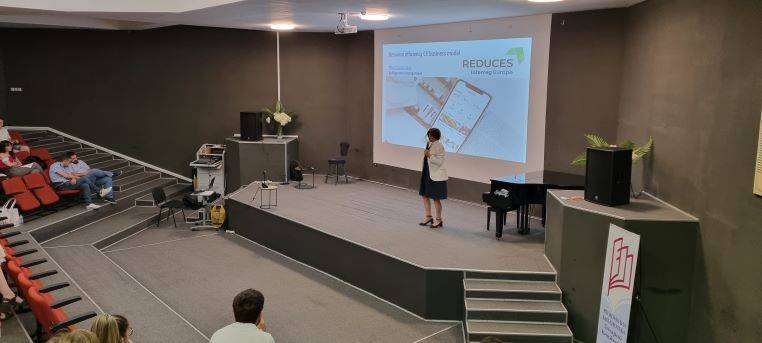Bolstered by a beautiful day and stunning views from the 21st floor of the “Stadskantoor” in Utrecht, participants and their stakeholders were gathered to exchange their progress on the second phase of the REDUCES-project. The local policy development from the action plans that came forth from the exchange of good practices.
Each of the regions presented the progress of their action plans and the subsequent changes in policy for the development of Circular economy in their region. Without exception the action plans had progressed according to planning, leading to a host of initiatives that had already led to policy changes in some region’s and to further execution of policy and strengthening of policy execution in other regions. Stakeholders present confirmed the process of initiatives.
The following notable examples were presented:
- The development of a MSc course for Management & Sustainability at the Manchester Metropolitan University
- A textile waste initiative, lowering the impact of the textiles industry.
- Circular procurement for the Oldham council.
- A circular approach to building and rehabilitation of housing in the Valencia region, including a grants/funding process for projects.
- Identification tools for CE business and the development for a support organization for CE in addition to a project for businesses in renewal and energy efficiency in South-West Finland.
- A method for the identification of (construction) waste to effectively re-use and dispose of that waste, and a software supported effort to enhance the value, potentials re-use and effective disposal of household waste, including app in Maramures, Romania.
- A demonstration model for a circular approach to waste management at the municipal level from Bulgaria.
- Finally, Utrecht presented the progress developing circular hubs for creative and industrial activities, as well as place making for circular business.
Without exception each region showed the results of activities taken in which stakeholders and policy makers were involved to contribute to the development and establishment of policy on Circular Economy.
The afternoon program included a panel discussion that led to a nuanced and insightful conversation on the challenges of policy development from regional exchange and action plans. Mostly the issue of transferability of the local examples and the applicability of good practices as a template for business-as-usual questions with regards to circular economy helped to define the lower limit to participation for employers in the region. On the other hand, the good practices help to put a new perspective on challenges faced by local employer, leading to new ideas.
After the panel discussion the participants underwent a design thinking workshop inspired workshop in which they formed multiregional teams to develop a circular solution from an everyday object. After developing the circular solutions, they designed a route for policy development to help adaptation of the solutions. In the last phase of the workshop the groups performed an evaluation of the potential pitfalls of the solution and policy development. The consensus was that, regardless of the potential solution, developing a viable circular product is challenging, and in most cases policy development was about taking away limits or about inducing initial demand, and providing protection during the incubation phase.
The meeting has given a clear insight in the swift progress in the development of policy for circular economy, matching the regional ambitions and the contribution of the action plans to this development.
Holger Hooimeijer
Utrecht University of Applied Services (Hogeschool Utrecht)
[email protected]











